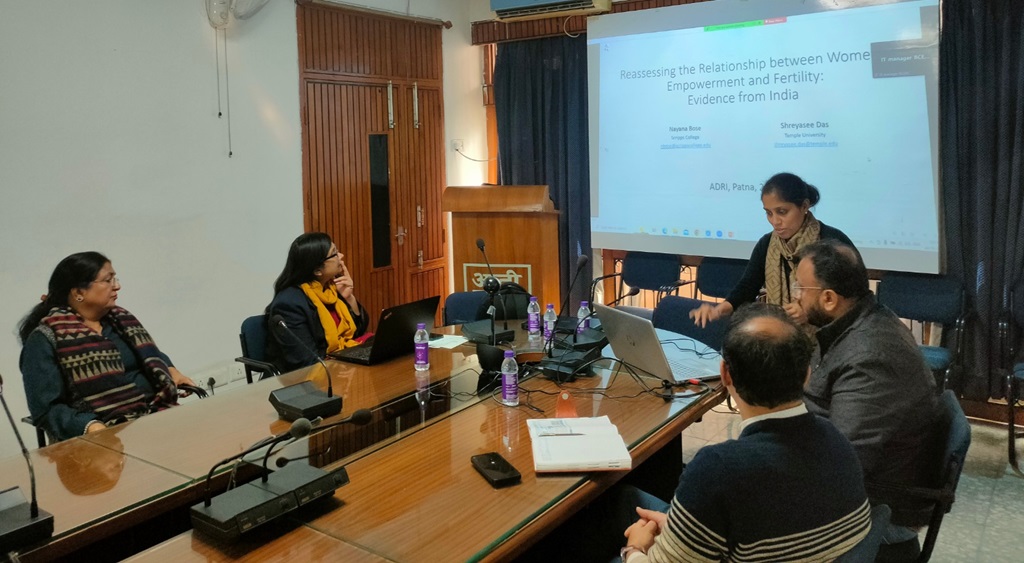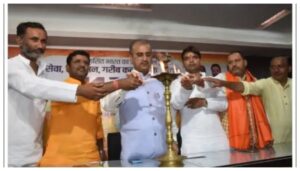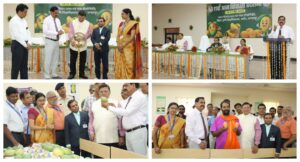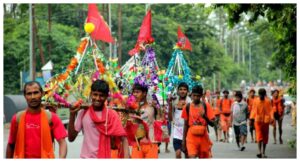Impact of Hindu Succession (Amendment) Act on Women’s Inheritance: Insights from Bihar

PATNA – The Hindu Succession (Amendment) Act (HSAA), 2005 aims to place women on equal footing with men in terms of inheritance rights, with the hope that women will benefit from property ownership. However, the law has had no significant negative impact on fertility rates in regions where a preference for sons is prevalent, according to Dr. Nayana Bose, Associate Professor at Scripps College, US. She delivered a talk titled “Reassessing the Relationship Between Women’s Empowerment and Fertility: Evidence from India,” organized by the Asian Development Research Institute (ADRI) today.
Citing the case of Bihar, she noted that women’s inheritance of land was only 8 percent eight years after the passing of the amendment, compared to 31 percent in Andhra Pradesh. Despite understanding the value of land ownership for their well-being, only 10 percent of women in Bihar expressed a desire to inherit land. Additionally, only 30 percent of women, compared to 80 percent of men, are aware of the HSAA, according to data shared by Dr. Bose.
She further stated that women in Bihar are discouraged from exercising their inheritance rights due to ingrained beliefs in social and patriarchal norms. Parents and brothers often oppose female family members inheriting land, and there is a lack of social support systems. Officials and institutions responsible for enforcing the law also adhere to these social practices. Dr. Bose emphasized the need for a holistic approach to address this gap, advocating for awareness campaigns and efforts to reduce social barriers to female education and employment.
Focusing on the impact of HSAA on five states in rural South India, Dr. Bose found that property rights reform increased the fertility rate by 0.8 more children in these states, leading to a stronger preference for sons. Other findings from the study revealed an overall improvement in women’s empowerment and health, decision-making, and a reduction in domestic violence cases.
Dr. Ashmita Gupta, Member-Secretary of ADRI, welcomed the speaker and proposed a Vote of Thanks. Academicians, researchers, and experts from India and various countries attended the talk in person as well as virtually.





